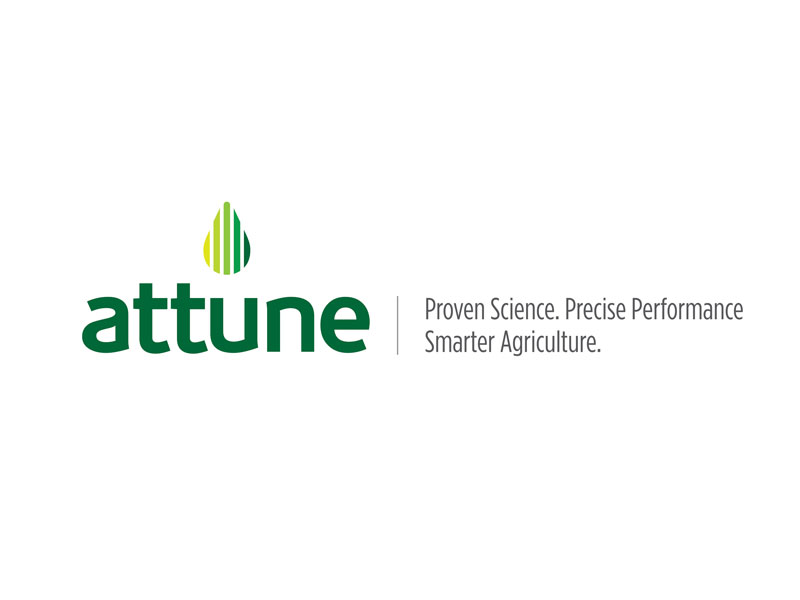Attune Agriculture, the leader in developing performance based agricultural products using hydrocolloid technology, has successfully concluded a new research on Ampersand adjuvant, where it observed significant performance increase on the component’s part when paired with soil applied insecticide and fungicide. Assuming the stated discovery is able to sustain itself, it will expand the functionality of Ampersand which was previously recommended for only foliar applications. Talk about the research on a slightly deeper level, in soil insecticide’s case, the study evaluated Safari® insecticide on Silverleaf Whitefly and melons. The results showed how Safari provided less than 20% reduction in nymphs compared to the untreated control. Furthermore, with low use rate of 0.0625% of Ampersand, the whole mechanism went on to generate over 60% control, whereas a high 0.5% use rate provided 75% control. To go with that, Ampersand playing the role of a tank mix partner also increased whitefly control as much as 300%, compared to the standard alone.
Moving on to the soil fungicide trial, it worked towards an objective to examine Segway O® fungicide on Phytophthora and peppers, something it did using a disease severity scale (0 to 10, with 0 being no impact and 10 being 100% plant mortality). The results on this one, which came after forty-two days following the treatment, showed the untreated contingent had a severity rating of 9.8, while on the other hand, Segway O alone had a rating of 5.3, marking a 45.9% reduction in disease severity. Now, when Ampersand was brought here at 0.25%, it achieved a rating of 1.6 or an 83.7% reduction in disease severity. Interestingly enough, if we think from a commercial perspective for a second, a grower would have likely made a second application after 2 to 3 weeks with Segway O alone, but in the context of Ampersand, they wouldn’t have been required to make any additional fungicide application.
“Many thanks to our growers who observed more effective control and higher yields when pairing Ampersand with soil applied pesticides. Their anecdotal feedback led us to test this functionality with third-party research trials. The increase in efficacy was unexpected and massive,” said Ed Quattlebaum, Ph.D., Director of Product Development at Attune Agriculture.
In case you are looking for more evidence that validates Ampersand’s excellence, you can also take into account how it has managed to generate a 45% uptick in efficiency when combined with sprayable pheromones, and a sizeable 79% improvement with weed control upon getting combined with a leading organic herbicide. Hold on, there is more, as Ampersand has also bolstered insecticide performance by almost 85% for aphid control, and at the same time, enhanced insecticide performance for thrip control by a 60% margin.
Currently, OMRI has listed Ampersand adjuvant as approved for use in all 50 states for herbicides, insecticides, fungicides, plant growth regulators and nutrients.
Founded in 2016, Attune Agriculture has risen up the ranks by leveraging its hydrocolloid expertise to combine deep roots in food science with agriculture. This combination, once conceived, has went to orchestrate products that are performance based, as well as safe for the environment and the people who use them.




